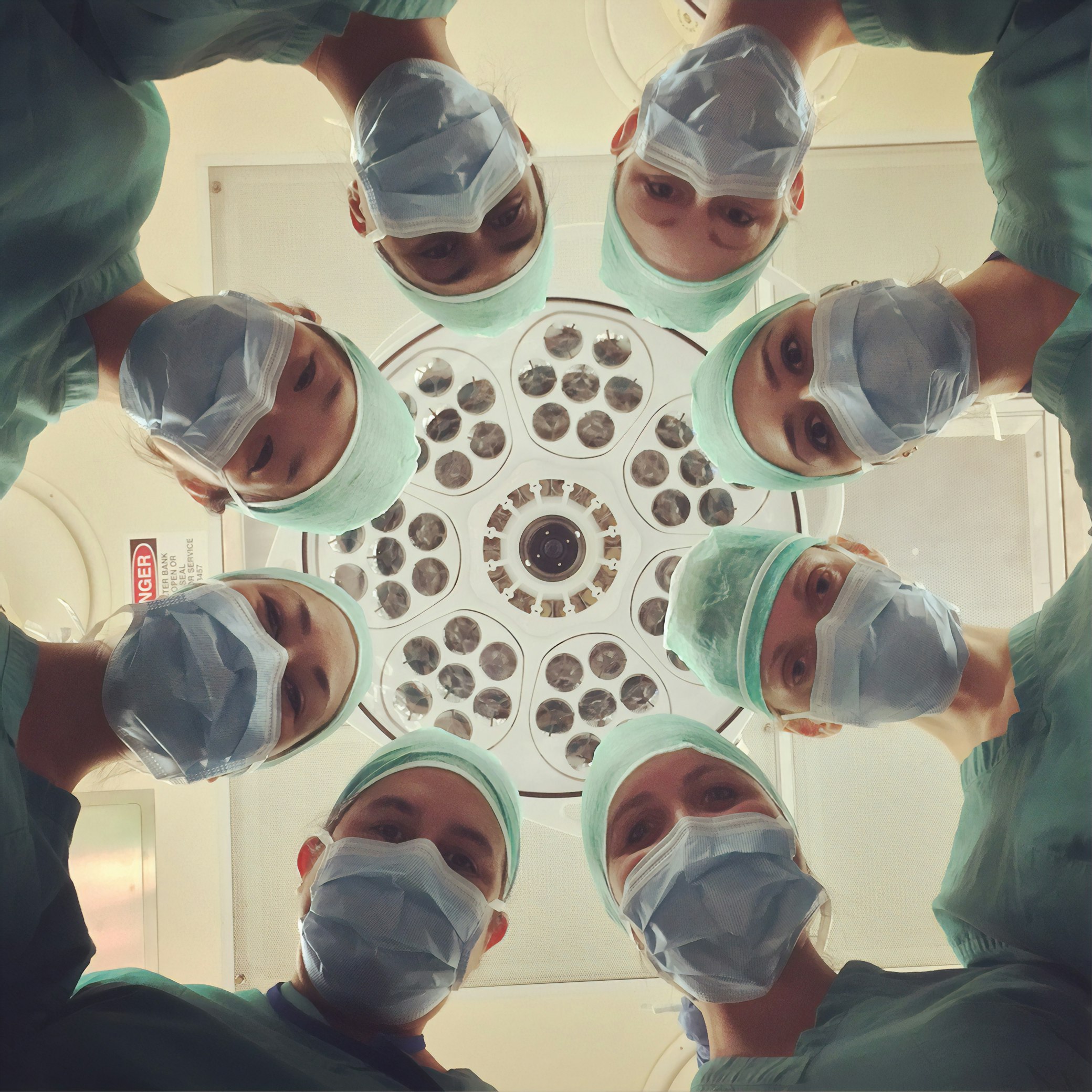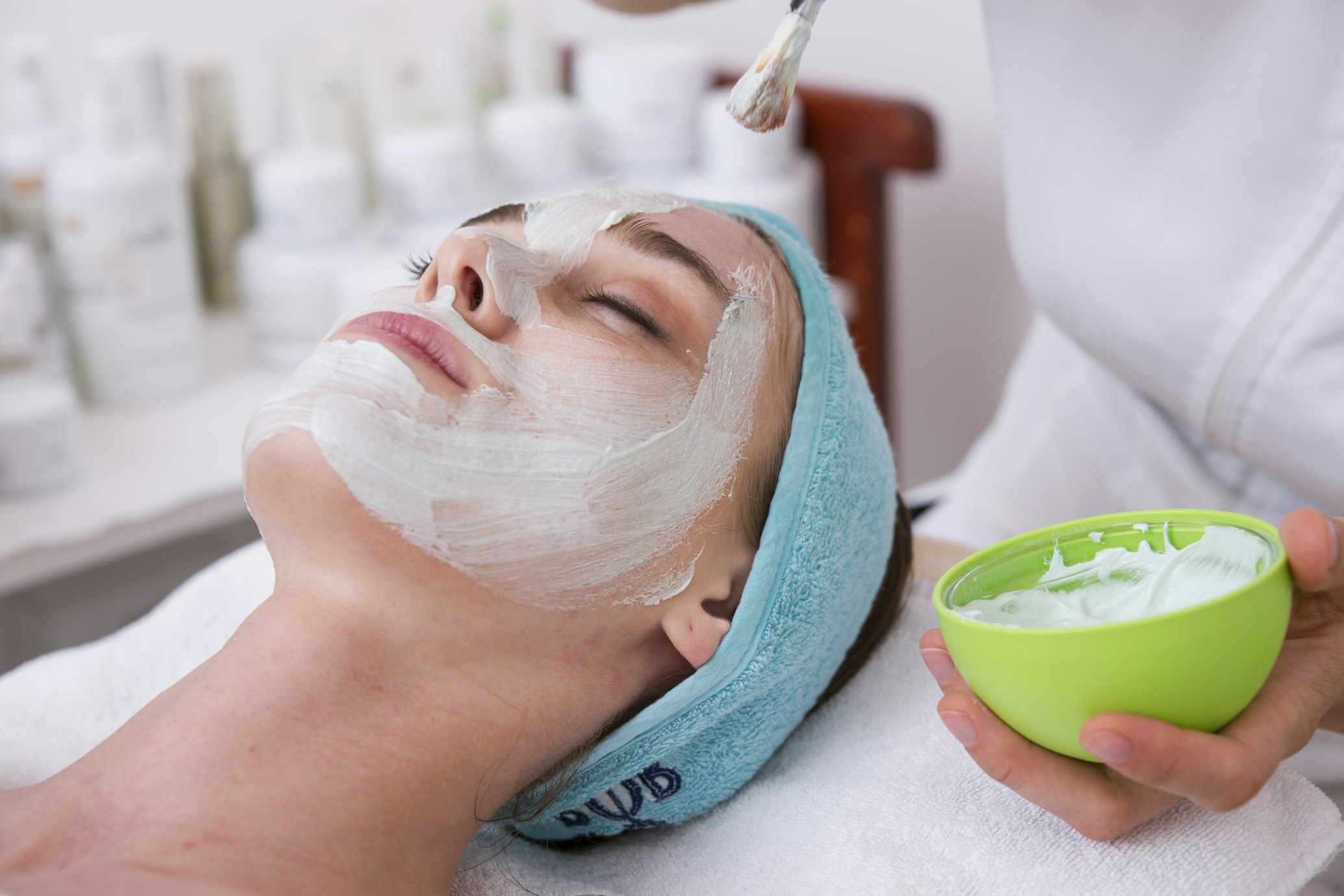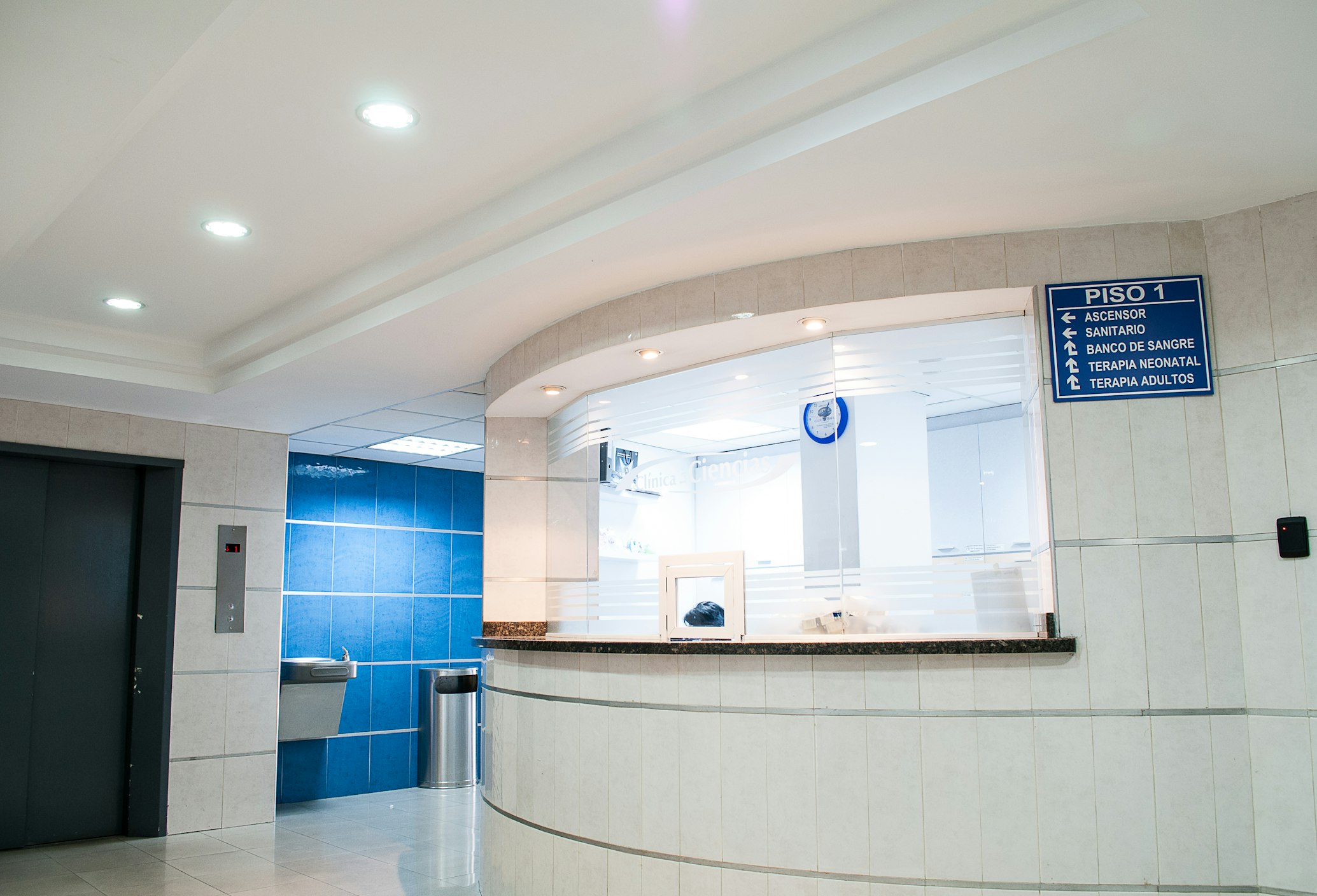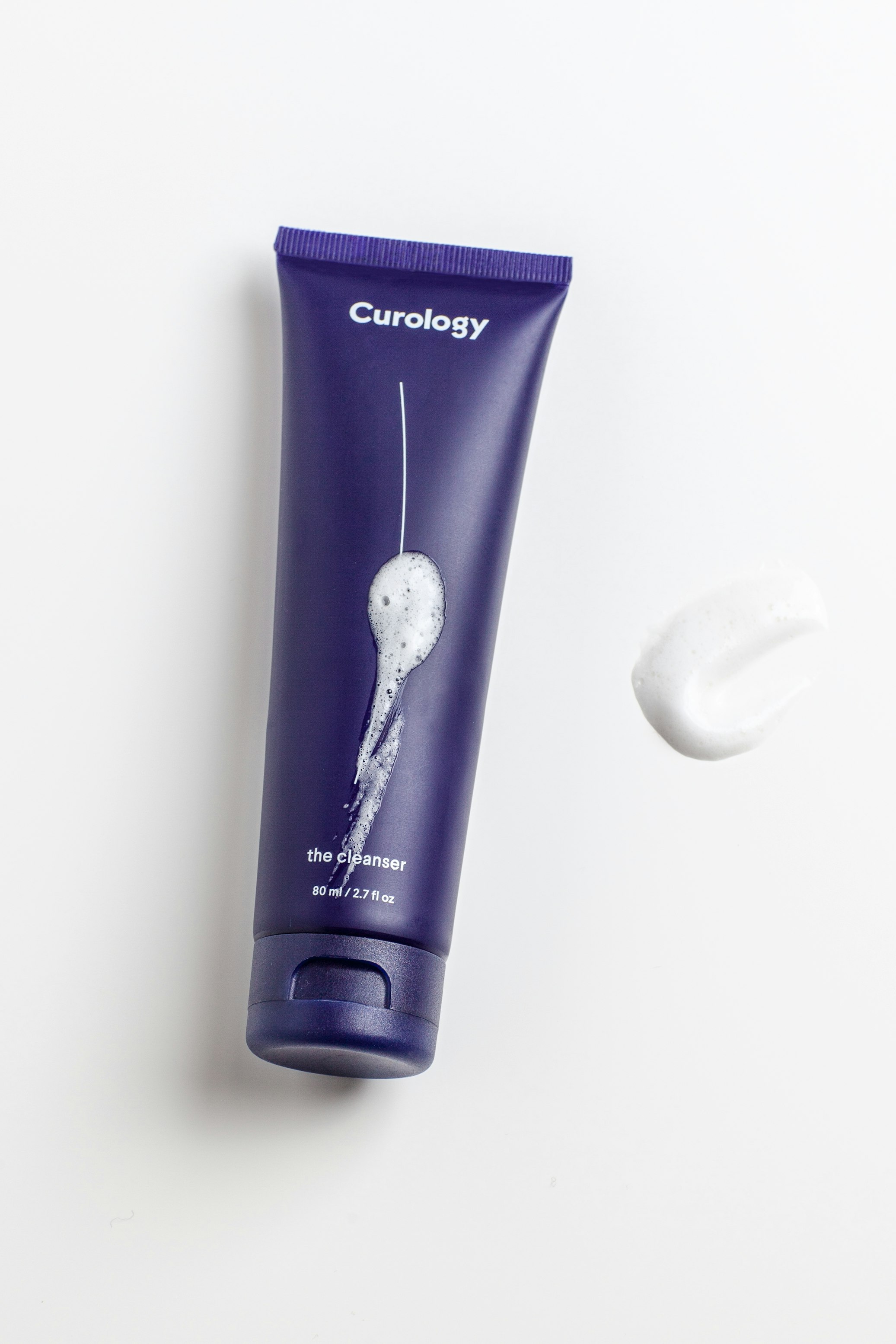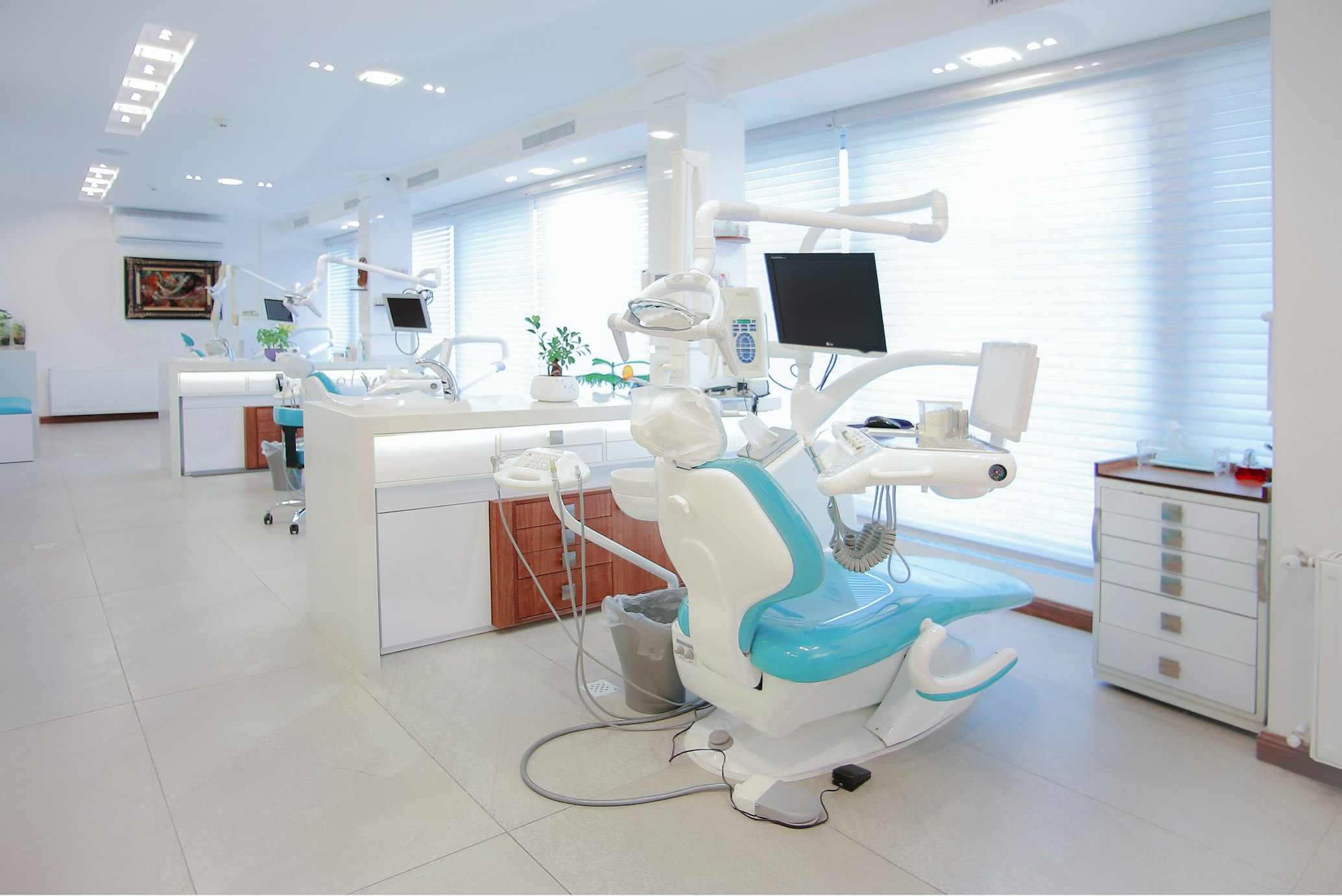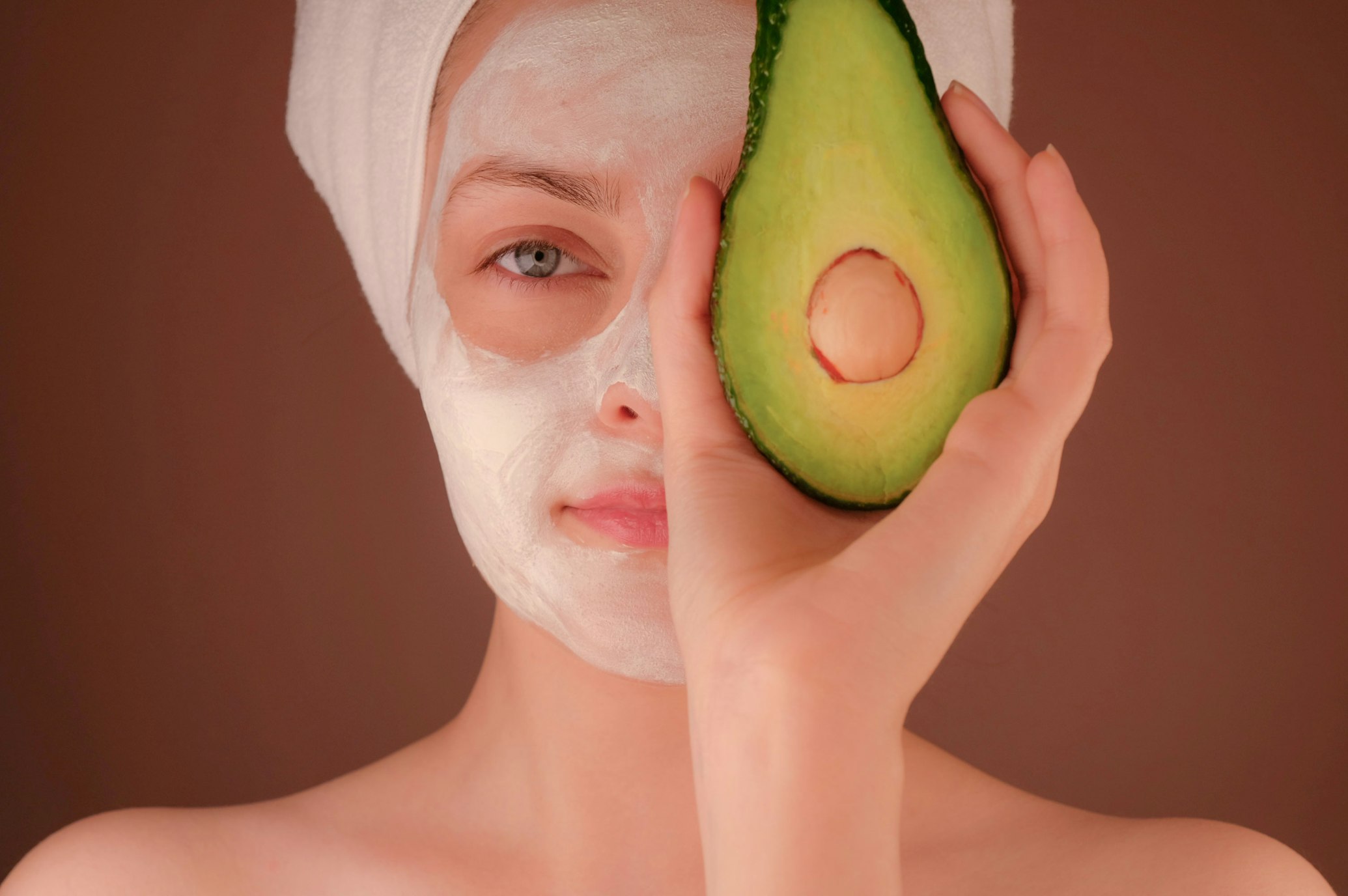Shurink Ultrasound Lifting in Korea: Complete Guide, Prices & Results 2025
As facial skin loses elasticity and begins to sag with age, many people seek solutions that offer lifting effects without going under the knife. Enter Shurink—Korea's popular non-surgical face lifting treatment that uses focused ultrasound energy to tighten skin and stimulate collagen production from deep within.
Shurink (슈링크) has become one of the most requested treatments in Seoul dermatology clinics, offering a middle ground between topical skincare and surgical facelifts. Using the same HIFU (High-Intensity Focused Ultrasound) technology as the more expensive Ulthera, Shurink promises skin tightening, lifting, and rejuvenation with minimal downtime at a more accessible price point.
This comprehensive guide covers everything you need to know about Shurink treatment in Korea, including how it works, realistic pricing, what results to expect, how it compares to Ulthera, and important side effects you should be aware of before booking your appointment.
What is Shurink?
Shurink is a non-invasive skin tightening and lifting treatment that uses HIFU (High-Intensity Focused Ultrasound) technology to deliver focused ultrasound energy to specific depths beneath the skin's surface. The treatment targets the SMAS layer (Superficial Muscular Aponeurotic System)—the same layer addressed in surgical facelifts—without any incisions or downtime.
How HIFU Technology Works
The science behind Shurink is elegant:
-
Focused Energy Delivery: Ultrasound energy is focused at precise depths (typically 3.0mm, 4.5mm) beneath the skin surface
-
Thermal Coagulation: The focused energy creates tiny zones of thermal injury at these specific depths, reaching temperatures of 60-70°C
-
Collagen Contraction: Existing collagen fibers immediately contract, creating an instant mild tightening effect
-
Neocollagenesis: Over the following weeks and months, the body's natural healing response produces new collagen, progressively tightening and lifting the skin
-
Long-Term Improvement: Collagen production continues for 2-3 months post-treatment, with results peaking around this time
Treatment Depths and Targets
Shurink can target multiple skin layers:
- 1.5mm: Superficial dermis—fine lines, skin texture
- 3.0mm: Deep dermis—moderate skin tightening
- 4.5mm: SMAS layer—significant lifting, jawline definition
Most full-face treatments use a combination of depths for comprehensive rejuvenation.
What Can Shurink Treat?
Shurink is particularly effective for:
✅ Facial Sagging: Mild to moderate jowls and lower face laxity ✅ Jawline Definition: Sharpening the jawline and reducing double chin appearance ✅ Nasolabial Folds: Softening smile lines ✅ Brow Lifting: Subtle elevation of drooping eyebrows ✅ Neck Laxity: Tightening loose neck skin (tech neck) ✅ Overall Skin Tightening: Improving skin firmness and elasticity ✅ Preventive Anti-Aging: Maintaining skin tightness before significant sagging occurs
Who is the Ideal Candidate?
Best results for:
- Ages 30-55 with mild to moderate skin laxity
- Those seeking preventive anti-aging measures
- People who want lifting without surgery or downtime
- Individuals with sufficient facial volume (not too thin)
- Those willing to commit to maintenance treatments
Not ideal for:
- Severe skin sagging (surgical facelift more appropriate)
- Very thin faces or prominent cheekbones (risk of volume loss)
- Those seeking dramatic, immediate transformation
- People expecting permanent results
Expected Results and Timeline
Understanding the timeline is crucial for setting realistic expectations:
Immediate Results (Day 0-7)
According to patient satisfaction data from Korean dermatology clinics:
- 58% see immediate effects: Mild skin tightening from collagen contraction
- 35% notice results within one week: Early collagen remodeling begins
- 7% see results within one month: Slower responders
Initial tightness may be noticeable right after treatment, but this is primarily from tissue inflammation rather than true collagen production.
Progressive Results (Weeks 2-12)
Weeks 2-3: Collagen production begins in earnest Weeks 4-8: Progressive tightening becomes more visible Weeks 8-12: Peak results as neocollagenesis reaches maximum
Duration of Results
- Optimal effects: 3-6 months
- Gradual decline: Results slowly diminish as natural aging continues
- Maintenance: Most practitioners recommend retreatment every 3-6 months
Important: Results are cumulative. Regular treatments (2-3 sessions initially, then maintenance every 3-6 months) produce better long-term outcomes than single sessions.
Realistic Outcome Expectations
What Shurink CAN achieve:
- 20-30% improvement in skin firmness
- Subtle lifting of sagging areas
- Improved jawline definition
- Smoother, tighter skin texture
- Delayed progression of aging signs
What Shurink CANNOT achieve:
- Dramatic facelift-level transformation
- Reversal of severe sagging
- Addition of facial volume
- Permanent results
- Elimination of deep wrinkles
Shurink Prices in Korea (2025)
Based on current market data from Seoul clinics:
Overall Pricing
| Treatment Area | Average Price (KRW) | Average Price (USD) |
|---|---|---|
| Overall average | ₩68,172 | $52 |
| Budget range | ₩31,824 | $24 |
| Premium range | ₩100,696 | $77 |
Prices as of November 2025. Exchange rate: ₩1,300 = $1 USD.
Pricing by Treatment Area and Shots
Shurink pricing is typically based on the number of "shots" (individual ultrasound pulses):
| Treatment Zone | Shots | Price Range (KRW) | Price Range (USD) |
|---|---|---|---|
| Full face | 300-600 shots | ₩150,000-₩350,000 | $115-$269 |
| Face + neck | 400-800 shots | ₩250,000-₩500,000 | $192-$385 |
| Lower face only | 200-300 shots | ₩100,000-₩200,000 | $77-$154 |
| Neck only | 150-250 shots | ₩80,000-₩150,000 | $62-$115 |
| Eyes (brow lift) | 100-150 shots | ₩70,000-₩120,000 | $54-$92 |
Price Variables
Location:
- Gangnam/Apgujeong premium clinics: 30-50% higher
- Mid-range Seoul clinics: Standard market rates
- Neighborhood clinics: 20-30% lower
Shot Count: More shots = higher cost but potentially better coverage Typical full-face: 300-600 shots Aggressive treatment: 800-1,000 shots
Machine Generation:
- Older Shurink models: Lower pricing
- Shurink Universe (latest): 20-30% premium
Practitioner Experience:
- Experienced dermatologists: Higher rates
- Less experienced staff: Budget pricing
Package Deals
Many clinics offer:
- 3-session packages: 15-20% discount
- Initial + touch-up: 2 sessions within 2 months at reduced rate
- Combination packages: Shurink + Inmode or other treatments
Important pricing note: The absolute lowest prices may indicate inadequate shot counts or inexperienced practitioners. Choose based on treatment quality, not just price.
Shurink vs. Ulthera: The Real Differences
Both use HIFU technology, but there are key distinctions:
Technology Comparison
| Feature | Shurink | Ulthera |
|---|---|---|
| Origin | Korea | USA (FDA-approved) |
| Imaging | Manual targeting | Real-time ultrasound visualization |
| Precision | Depends on practitioner skill | Guided by imaging |
| Pain Level | Moderate to high | High (similar or slightly more) |
| Price | Moderate | 3x more expensive |
| Results | Similar to Ulthera | Gold standard |
| Duration | 3-6 months | 6-12 months (claimed) |
The Imaging Advantage
Ulthera's key differentiator: Built-in ultrasound imaging allows the practitioner to visualize tissue layers in real-time, ensuring precise energy delivery at the correct depth.
Shurink's approach: Relies on practitioner experience and anatomical knowledge. Depth is set manually without visualization, making operator skill crucial.
Effectiveness Comparison
Professional consensus:
- Both use same HIFU principle
- Results are comparable when Shurink is performed by experienced practitioners
- Ulthera may offer slightly better consistency due to imaging guidance
- Duration claims vary; real-world results are similar for both (3-6 months)
Which Should You Choose?
Choose Shurink if:
- You have budget constraints
- You find a highly experienced, reputable practitioner
- You're willing to accept slightly less precision for significant cost savings
- You plan regular maintenance treatments
Choose Ulthera if:
- Budget is not a primary concern
- You want the FDA-approved gold standard
- You prefer the assurance of real-time imaging
- You have complex facial anatomy requiring precision
Cost-benefit reality: Many Korean dermatologists achieve excellent Shurink results at 1/3 the cost of Ulthera, making it a smart choice for most patients when performed by skilled practitioners.
The Shurink Treatment Procedure
Consultation (15-30 minutes)
Your dermatologist will:
- Assess facial structure and degree of laxity
- Discuss realistic expectations
- Determine appropriate treatment areas and shot count
- Review medical history and contraindications
- Take before photos
Pre-Treatment Preparation (10-15 minutes)
- Cleansing: Thorough removal of makeup and skincare
- Marking: Treatment zones are outlined on your face
- Ultrasound gel: Applied to facilitate energy transmission
- Anesthesia (optional): Some clinics offer topical numbing cream or nerve blocks for pain management
Treatment Process (30-90 minutes)
Depending on treatment area and shot count:
- Positioning: You'll lie comfortably while the practitioner works
- Energy delivery: The Shurink handpiece delivers focused ultrasound pulses
- Systematic coverage: Practitioner works methodically across marked areas
- Multiple depths: Treatment at different depths (1.5mm, 3.0mm, 4.5mm) for comprehensive results
- Sensation: You'll feel heat, tingling, and some discomfort with each pulse
Pain Level
On a scale of 1-10, most patients rate Shurink pain at 5-7:
- Bony areas hurt most: Jawline, forehead, around eyes
- Softer areas more tolerable: Cheeks, neck
- Individual variation: Pain tolerance varies significantly
Pain management options:
- Topical numbing cream (minimal help)
- Nerve blocks (more effective for jawline)
- Oral pain relievers pre-treatment
- Breaks during treatment
Post-Treatment (5-10 minutes)
- Gel is removed
- Cooling mask or serum applied
- Post-care instructions provided
- You can leave immediately
Immediate After-Effects and Downtime
What to Expect Right After
Common immediate effects:
- Redness: Mild to moderate, fades within hours
- Swelling: Slight puffiness, especially around eyes and jawline
- Sensitivity: Skin feels tender to touch
- Tightness: Immediate sensation of facial tightness
Duration: Most effects resolve within 24-48 hours
Downtime Reality
True downtime: Minimal to none
- Return to work: Same day or next day
- Social activities: Most comfortable after 1-2 days
- Makeup: Can apply next day
- Exercise: Resume after 24-48 hours
Temporary side effects (first week):
- Mild numbness or tingling in treated areas
- Slight bruising (uncommon, if occurs)
- Temporary increased sensitivity
- Rare: small welts or white marks (resolve quickly)
Post-Treatment Care
First 24 Hours
✅ DO:
- Keep skin clean and hydrated
- Use gentle, soothing products
- Apply ice packs for swelling
- Sleep with head elevated
- Drink plenty of water
❌ AVOID:
- Hot showers, saunas, steam rooms
- Strenuous exercise
- Alcohol consumption
- Direct sun exposure
- Facial massage or manipulation
First Week
✅ DO:
- Use gentle cleanser and moisturizer
- Apply SPF 50+ sunscreen religiously
- Stay well-hydrated
- Be patient with results
❌ AVOID:
- Aggressive skincare (retinoids, strong acids)
- Additional laser or energy-based treatments
- Excessive heat exposure
- Rough face towels or scrubbing
Optimizing Results
Support collagen production:
- Maintain healthy diet rich in vitamin C and protein
- Stay hydrated
- Avoid smoking (impairs collagen formation)
- Get adequate sleep
- Manage stress
Complementary treatments (after appropriate waiting periods):
- Collagen-stimulating skincare
- LED light therapy
- Gentle facial treatments
Side Effects and Risks
Common and Mild
- Temporary redness and swelling
- Tenderness in treatment areas
- Mild bruising (uncommon)
- Temporary numbness or altered sensation
- White marks or small welts at treatment sites (resolve within hours to days)
Uncommon but Important
⚠️ Volume loss (볼패임): The most significant concern with HIFU treatments
What is it?: Loss of facial fat in treated areas, creating a sunken or hollow appearance, particularly in the cheeks.
Risk factors:
- Very thin faces or low facial fat
- Prominent cheekbones
- Excessive treatment energy or shot count
- Multiple sessions too close together
- Inexperienced practitioners
Prevention:
- Choose experienced dermatologists who understand facial anatomy
- Avoid over-treatment
- Discuss facial volume concerns during consultation
- Skip HIFU if you already have a very thin face
⚠️ Nerve injury: Temporary or (very rarely) prolonged numbness, tingling, or weakness
⚠️ Burns or scarring: If energy is too high or technique is improper
⚠️ Asymmetry: Uneven results from inconsistent treatment
⚠️ No results: Some patients simply don't respond to HIFU
Serious but Rare
- Severe burns
- Permanent nerve damage
- Fat necrosis
- Scarring
Risk mitigation: These serious complications are almost always due to:
- Inexperienced or untrained practitioners
- Counterfeit or poorly maintained equipment
- Inappropriate treatment parameters
- Failure to assess patient suitability
Who Should Avoid Shurink?
Absolute contraindications: ❌ Pregnant or breastfeeding ❌ Active infections or inflammation in treatment area ❌ Open wounds or skin lesions ❌ Severe or cystic acne in treatment zones ❌ Metallic implants or devices in treatment area ❌ History of keloid scarring ❌ Certain autoimmune conditions ❌ Current cancer or history of skin cancer in treatment area
Relative contraindications (discuss with doctor): ⚠️ Very thin face with minimal subcutaneous fat ⚠️ Recent filler or botox (wait 2-4 weeks) ⚠️ Blood clotting disorders ⚠️ Immunosuppression ⚠️ Unrealistic expectations
Recommended Treatment Schedule
Initial Treatment Phase
Protocol 1: Conservative approach
- Session 1: Initial treatment
- 4-6 weeks later: Assessment
- Session 2 (if needed): Touch-up treatment
- Then: Maintenance every 4-6 months
Protocol 2: Aggressive approach
- Session 1: Initial treatment
- 1-2 months later: Session 2 (retouching)
- 2-3 months after Session 2: Session 3
- Then: Maintenance every 3-4 months
Maintenance Phase
After completing initial series:
- Every 3-6 months: Most common recommendation
- Every 6-12 months: For those with good results and slower aging
- As needed: When you notice diminishing effects
Important: Don't over-treat. More frequent treatments don't necessarily mean better results and may increase the risk of volume loss.
Finding the Right Clinic in Seoul
Red Flags to Avoid
❌ Unusually low prices (may indicate inadequate shot counts) ❌ Pressure to book immediately ❌ Unwillingness to discuss risks or side effects ❌ No consultation, just direct treatment ❌ Unclear about equipment used or shot counts ❌ No before/after photos of real patients ❌ Poor hygiene or unprofessional environment
What to Look For
✅ Board-certified dermatologist: Not just aestheticians ✅ Extensive HIFU experience: Ask how many treatments performed ✅ Clear communication: Explains procedure, risks, expectations thoroughly ✅ Realistic promises: Doesn't guarantee dramatic results ✅ Proper consultation: Takes time to assess your specific needs ✅ Authentic equipment: Uses genuine Shurink or other approved HIFU devices ✅ Transparent pricing: Clear about shot counts and total cost ✅ Follow-up care: Offers post-treatment check-ins
Questions to Ask
- "How many Shurink treatments do you perform per week?"
- "What generation of Shurink machine do you use?"
- "How many shots do you recommend for my face?"
- "What are the specific risks for my facial structure?"
- "Can I see before/after photos of patients similar to me?"
- "What is your approach to preventing volume loss?"
- "What happens if I don't see results or have complications?"
Combining Shurink with Other Treatments
Shurink can be safely combined with various treatments for enhanced results:
Excellent Combinations
✅ Inmode or Thermage: Radiofrequency treatments complement HIFU's deeper action
- Shurink: Deep tissue tightening
- Inmode: Superficial tightening + fat reduction
- Combined result: Comprehensive facial contouring
✅ Filler (strategic placement): Can enhance volume while Shurink tightens
- Wait 2-4 weeks between treatments
- Use filler for volume, Shurink for tightening
- Discuss comprehensive treatment plan
✅ Skin Botox: Texture improvement + lifting
- Addresses different concerns
- Can be done same day or separately
✅ Laser treatments (with proper spacing):
- Wait 2-4 weeks between Shurink and ablative lasers
- Can combine with non-ablative lasers after 1-2 weeks
Treatments to Avoid Combining
❌ Multiple HIFU devices simultaneously (Shurink + Ulthera): Unnecessary and risks over-treatment ❌ Thread lifts immediately before/after: May interfere with results ❌ Aggressive resurfacing procedures: Space at least 4 weeks apart
Real Patient Experiences
What Patients Love
✔ "Noticed my jawline was sharper after about 6 weeks" ✔ "Much more affordable than Ulthera with similar results" ✔ "No downtime—went to work the next day" ✔ "Progressive improvement looked very natural" ✔ "Skin feels tighter and firmer overall"
Common Concerns
✘ "Pretty painful, especially along the jawline" ✘ "Results weren't as dramatic as I hoped" ✘ "Effects started fading after 3-4 months" ✘ "Experienced some temporary numbness" ✘ "Expensive to maintain with repeated treatments" ✘ "My cheeks looked slightly hollow afterward" (volume loss)
Managing Expectations
Patients most satisfied:
- Had realistic expectations (subtle improvement, not transformation)
- Chose experienced practitioners
- Committed to maintenance treatments
- Combined Shurink with good skincare habits
- Started preventively rather than waiting for severe sagging
Patients least satisfied:
- Expected dramatic, immediate results
- Chose cheapest option without vetting practitioner
- Had very thin faces and experienced volume loss
- Didn't maintain with follow-up treatments
- Had severe sagging better suited to surgical options
FAQ
Q: How painful is Shurink? A: Most rate it 5-7 out of 10. Bony areas (jawline, forehead) hurt most. Some clinics offer numbing cream or nerve blocks to manage discomfort.
Q: When will I see results? A: Some immediate tightness, but true results develop over 2-3 months as collagen production peaks. 58% notice effects immediately, 35% within a week, 7% within a month.
Q: How long do results last? A: Typically 3-6 months. Maintenance treatments every 3-6 months help sustain results. Effects are cumulative with repeated sessions.
Q: Is Shurink better than Ulthera? A: Both use HIFU technology. Ulthera has real-time imaging and FDA approval but costs 3x more. In experienced hands, Shurink produces comparable results at better value.
Q: Can Shurink replace a facelift? A: No. Shurink is best for mild to moderate laxity and preventive care. Severe sagging requires surgical intervention for meaningful improvement.
Q: What is volume loss (볼패임) and how common is it? A: It's fat loss in treated areas creating hollow cheeks. More common in thin faces or with aggressive treatment. Choose experienced practitioners and avoid over-treatment.
Q: Can I get Shurink if I have fillers or Botox? A: Yes, but wait 2-4 weeks between treatments. Inform your practitioner about all previous procedures.
Q: How many sessions do I need? A: Most start with 1-2 sessions (initial + touch-up after 1-2 months), then maintenance every 3-6 months. Needs vary by individual aging rate and desired results.
Q: Is there any downtime? A: Minimal. Slight redness and swelling resolve within 24-48 hours. Most return to normal activities same or next day.
Conclusion
Shurink offers an accessible entry point into non-surgical facial lifting and tightening for those experiencing early to moderate signs of aging. Using proven HIFU technology at approximately one-third the cost of Ulthera, it delivers comparable results when performed by experienced practitioners—making it a cost-effective option for maintaining facial contours and preventing further sagging.
Key takeaways:
- Affordable: Average $52-$269 depending on treatment area
- Effective: 58% see immediate results; progressive improvement over 2-3 months
- Temporary: Results last 3-6 months; maintenance required
- Safe (with caveats): Generally low risk but requires experienced practitioner
- Not a miracle: Provides subtle to moderate improvement, not dramatic transformation
Best suited for:
- Ages 30-55 with mild to moderate sagging
- Those seeking preventive anti-aging measures
- People wanting lifting without surgery or significant downtime
- Individuals with adequate facial volume (not overly thin faces)
Important considerations:
- Practitioner skill matters enormously
- Volume loss is a real risk for thin faces
- Pain level is moderate to high
- Regular maintenance is necessary
- Results are subtle and progressive, not dramatic and immediate
Seoul offers world-class HIFU treatments with highly experienced dermatologists at competitive international prices. Whether you choose Shurink or opt for the premium Ulthera, selecting a board-certified, experienced practitioner is far more important than the specific device used.
Ready to explore non-surgical lifting? Book a thorough consultation with a reputable Seoul dermatologist to determine if Shurink is right for your facial structure, skin quality, and aesthetic goals.
⚠️ Medical Disclaimer: This article provides educational information about Shurink HIFU treatments. It is not medical advice, diagnosis, or treatment recommendation. Individual results vary significantly based on age, skin quality, facial anatomy, treatment technique, practitioner skill, and many other factors.
Shurink and other HIFU treatments carry risks including pain, swelling, volume loss, nerve damage, burns, and unsatisfactory results. The most serious risk—facial volume loss creating a hollow appearance—is more likely in individuals with thin faces or when treatment is performed aggressively or by inexperienced practitioners.
Always consult with a qualified, board-certified dermatologist or plastic surgeon before undergoing any cosmetic procedure. Discuss your complete medical history, realistic expectations, all potential risks and benefits, and alternative treatment options. Never choose a provider based solely on price or convenience—operator skill is crucial for both safety and results.
Information about prices, techniques, equipment, and protocols is current as of November 2025 but may change. Verify all details directly with clinics before booking.
If you experience severe pain, unusual symptoms, or complications after Shurink treatment, seek immediate medical attention.
Last Updated: November 11, 2025 Reading Time: 20 minutes


